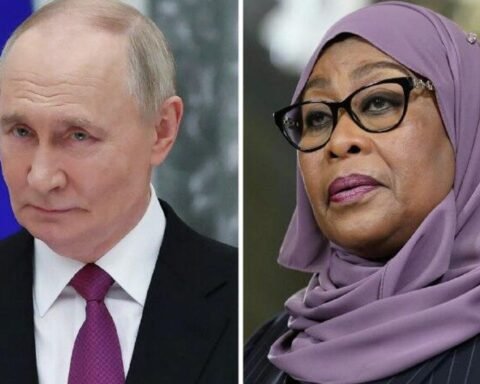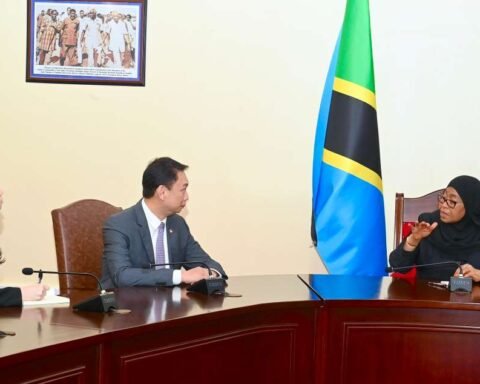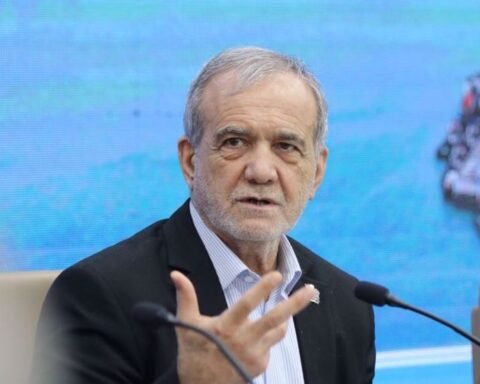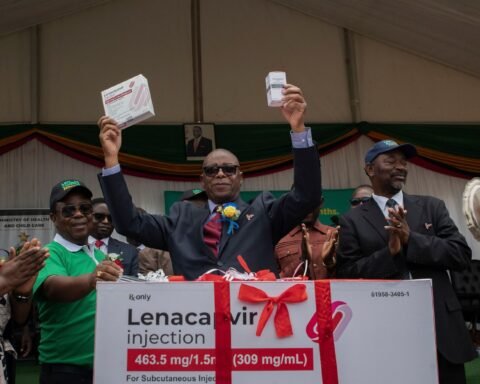Guinea has entered a decisive moment in its political history after millions of citizens cast their ballots in a constitutional referendum that could reshape the country’s future.
The vote, held on September 21, seeks to replace the transitional charter with a new constitution that extends presidential terms, creates a Senate, and crucially, allows members of the current military leadership to stand in elections.
For many Guineans, this referendum is seen as a test of whether the country can transition from military to civilian rule. General Mamady Doumbouya, who seized power in a coup d’état in 2021, promised to restore democracy after years of political instability. Supporters of the new draft argue it paves the way for stability, modernization, and greater institutional checks and balances. Critics, however, insist the process is designed to legitimize Doumbouya’s grip on power by rewriting the rules in his favor.
According to provisional figures released by election officials, more than 90 percent of voters approved the draft, with turnout exceeding 90 percent across much of the country. While these numbers suggest strong support, they have also fueled skepticism. Many opposition parties were banned in the lead-up to the vote, and independent observers raised concerns about transparency, fairness, and the absence of critical voices. For the opposition, the results reflect not enthusiasm but the reality of an uneven playing field.
Also Read; Israel Eyes Peace Amid Hezbollah Conflict Developments
Beyond the numbers, the atmosphere in the capital, Conakry, and other major cities revealed a mix of hope and unease. Some voters expressed pride at being part of what they see as Guinea’s first step toward political renewal. Others admitted fear that the outcome would simply formalize the military’s control under the guise of democracy. Civil society groups have stressed that the referendum, while historic, will only matter if followed by truly open elections later this year.
The new constitution also expands presidential terms from five to seven years and allows two terms in office, potentially giving Doumbouya more than a decade in power if he chooses to run. It introduces a Senate, with one-third of its members appointed by the president, raising further concerns over checks and balances.
Analysts say the referendum’s outcome highlights the tension between a population yearning for stability and a political system struggling to deliver inclusive governance. The international community has cautiously welcomed the step but urged the authorities to ensure upcoming elections are free, fair, and competitive.







